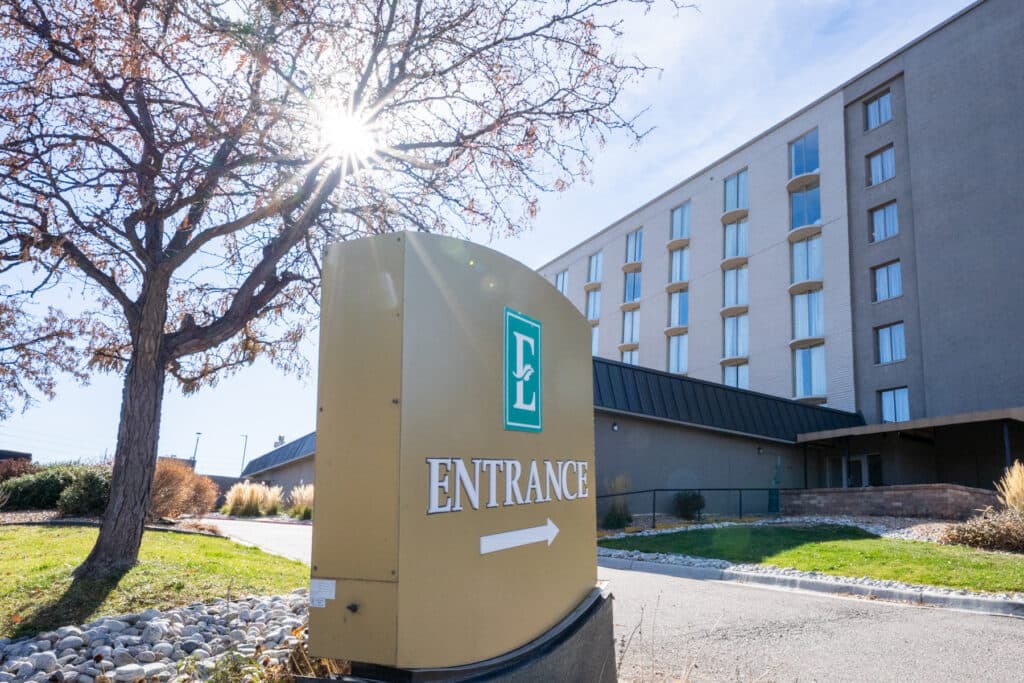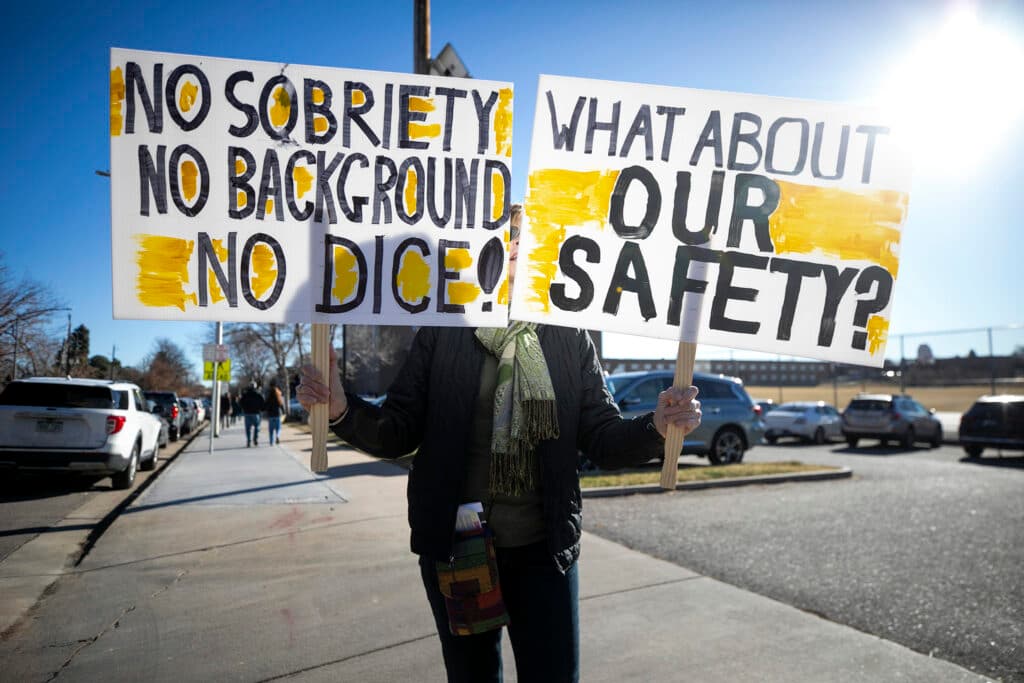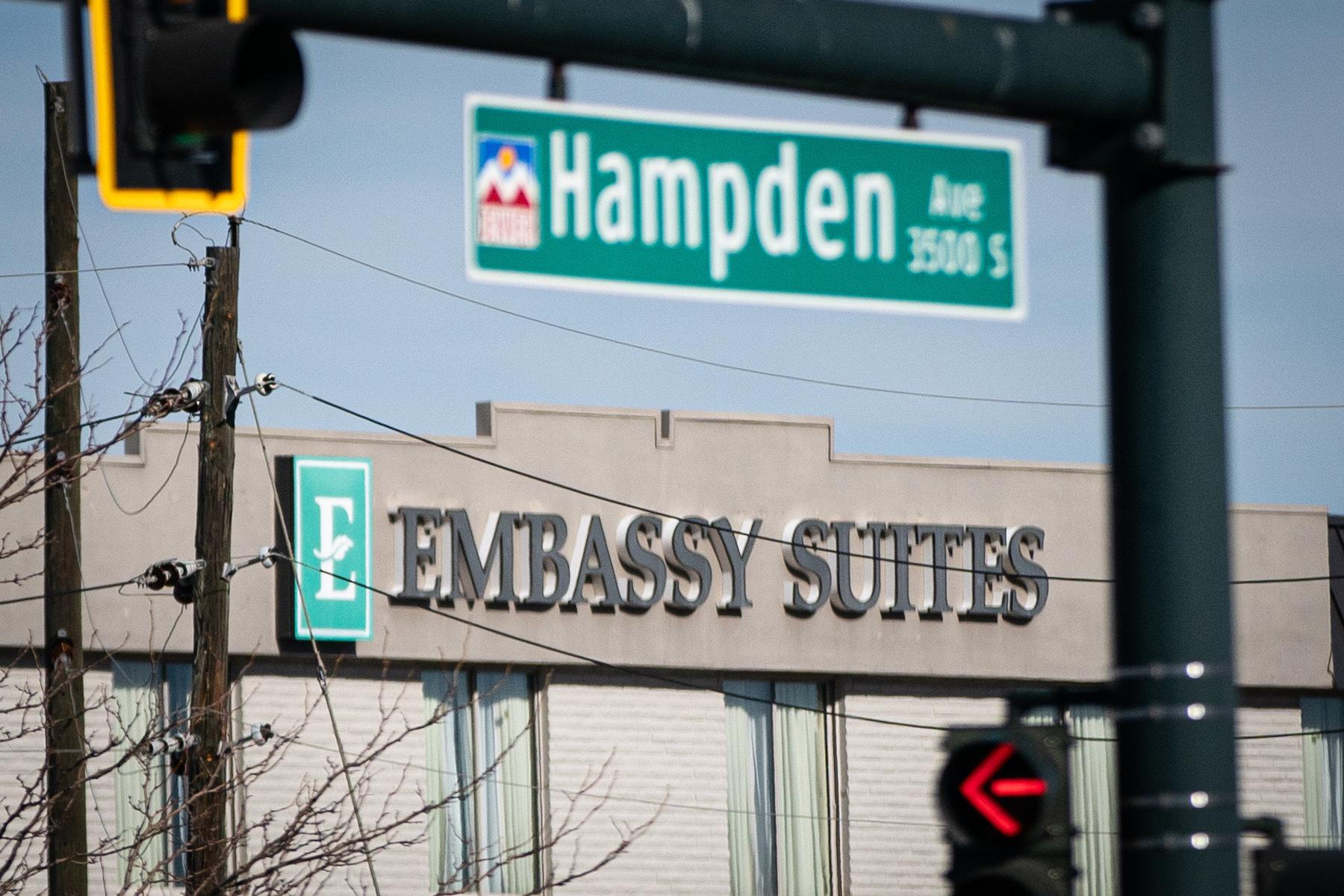A proposed $8 million contract agreement to fund operations and service needs at the Tamarac Family Shelter passed through council committee on Wednesday.
The Safety and Housing Committee passed the proposal between the city and the Salvation Army, allowing the organization to continue providing services to the current occupants of the hotel, as well as future occupants.
The contract, for $8,006,556 with an end date of Dec. 31, would help support “housing-focused case management and housing navigation.” It would also go toward increasing wraparound services.
The management, navigation and services are three-fold.
The access and intake portion focuses on screening families and determining what program suits them.
Those programs are also three-fold. There’s rapid resolution where families can be diverted away from the shelter system to a more direct service. Then there’s short-term and long-term stays, with short-term being about two weeks and long-term being about 180 days.

Short-term services would be for families that can be helped quickly, while long-term is for those who need more assistance gaining stability.
The services team will work on those wraparound items such as case planning, employment navigation, school enrollment and move-in assistance. The final prong is operations, which is maintenance of the site.
Through the contract, the Salvation Army is expected to hire more staff and ultimately assist 800 families through the short and long-term program, and help 200 families through rapid resolution.
The proposal will go before the full council in the coming weeks.
Main topics during the council committee surrounded who the shelter will serve and safety measures at the facility.
According to Kristen Baluyot, the metro social services director for the Salvation Army, it’s hard to determine the makeup of who the shelter is serving because numbers and demographics are always fluctuating.
However, counts from February showed that there were about 508 guests at the shelter with about 323 of them being 24 years old and younger. About 224 children in the shelter were 12 years old and younger.
On safety, Cole Chandler, the senior advisor for homelessness resolution, said the focus will be on creating single points of entry and exits with additional private security guards.
Chandler said there will be two guards at the site, one inside and one roaming the outside. Both will be unarmed, but it’s unclear how the guards will protect the residents and the neighbors.
Councilmember Stacy Gilmore requested additional information on training measures and procedure methods, including searching guests.
Chandler said the guards will be more focused on making sure the right people are entering the building.

Security at the House1000 shelter sites has been a topic of concern for nearby neighbors.
On March 16, Sandra Cervantes and Dustin Nunn were both found dead at the Denver Navigation Campus at 4040 N. Quebec St, a shelter the Salvation Army operates. They were both fatally shot and Denver Police are treating the investigation as a homicide.
Last week, DPD said Cervantes and Nunn were both residents at the shelter and that the incident was under investigation.
According to the All In Mile High dashboard and city officials, six people have died in the program, not including the two recent deaths. It’s unclear how the other deaths occurred.
Since the shooting, city officials with the mayor’s office said they have implemented new security measures at the Navigation Center including the installation of a photo badging system for staff and residents, adding more surveillance cameras, increasing DPD presence and increasing staff presence, which includes contracted security guards.
Safety measures at the other hotels are also being increased.












